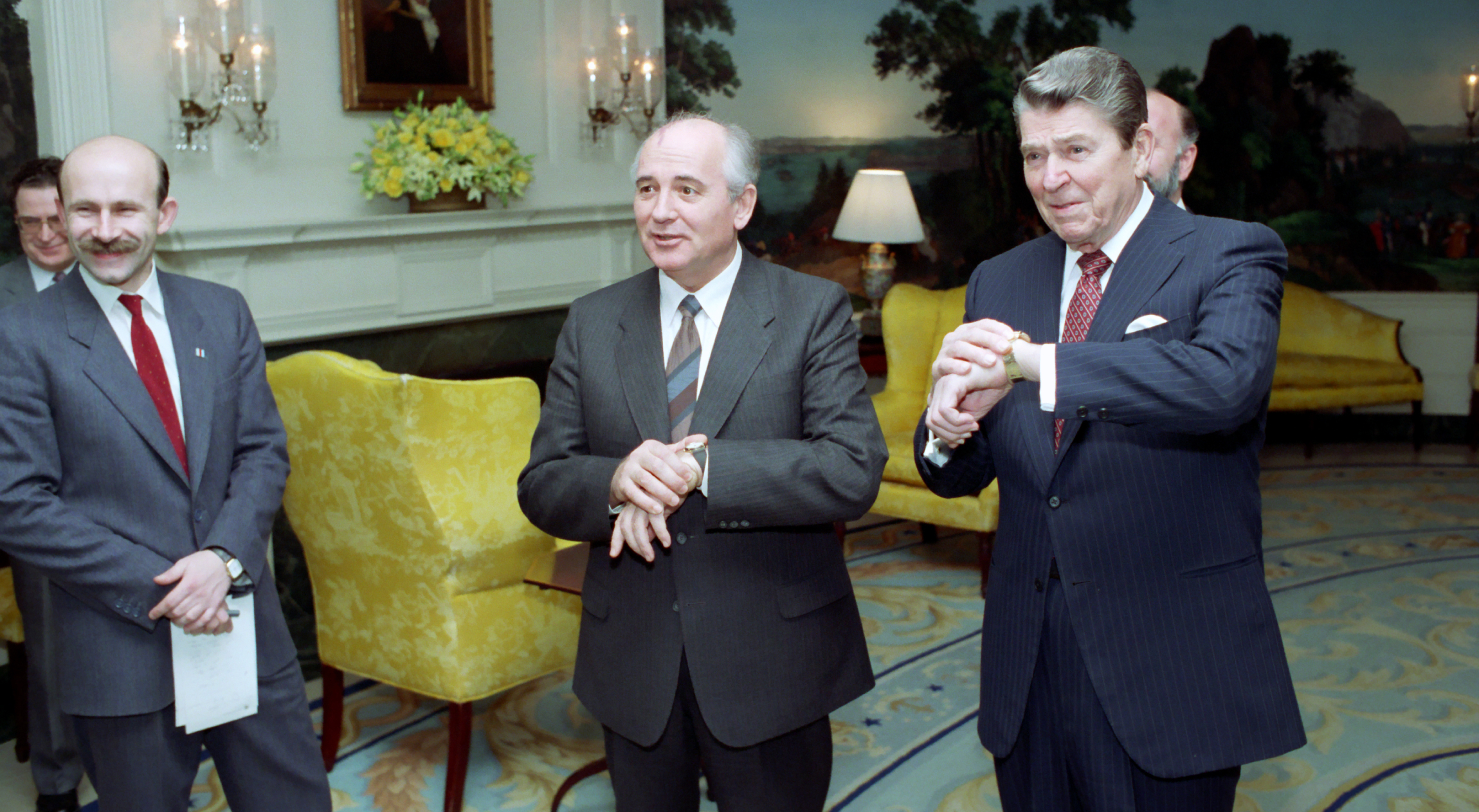The virtual seminar will be held from 12:30 to 2:00 p.m. (E.T.)
Nuclear arms control for the foreseeable future may be foiled by domestic politics that inhibits compromise with foreign adversaries and internal opponents, and by the emergence of new technologies and multi-party rather than bilateral strategic contests. This presentation will explore how these processes confound military planners, political leaders, and diplomatic negotiators in each country who would have to figure out what sorts of arms control bargains are desirable and acceptable. When costs in terms of popular support and the backing of powerful interest groups are greater than gains, negotiated restraints become impossible (unless they are kept secret). History suggests ways to overcome these obstacles, but the pathways to be navigated today are more challenging. The presentation builds on the essay An Optimist Admits That It Is Difficult to See a Path Forward.
About the speaker:
George Perkovich is vice president for studies at the Carnegie Endowment for International Peace, Washington, DC, and leads its Nuclear Policy Program and the Technology and International Affairs Program. He is the author of “India’s Nuclear Bomb” (1999), and co-author of “Abolishing Nuclear Weapons: A Debate” (2009). He has advised many agencies of the U.S. government, testified before both houses of Congress, and been a member of the National Academy of Science’s Committee on Arms Control and International Security. He was formerly director of the Secure World program of the W. Alton Jones Foundation, which funded work for over two decades at the Princeton Program on Science and Global Security.
